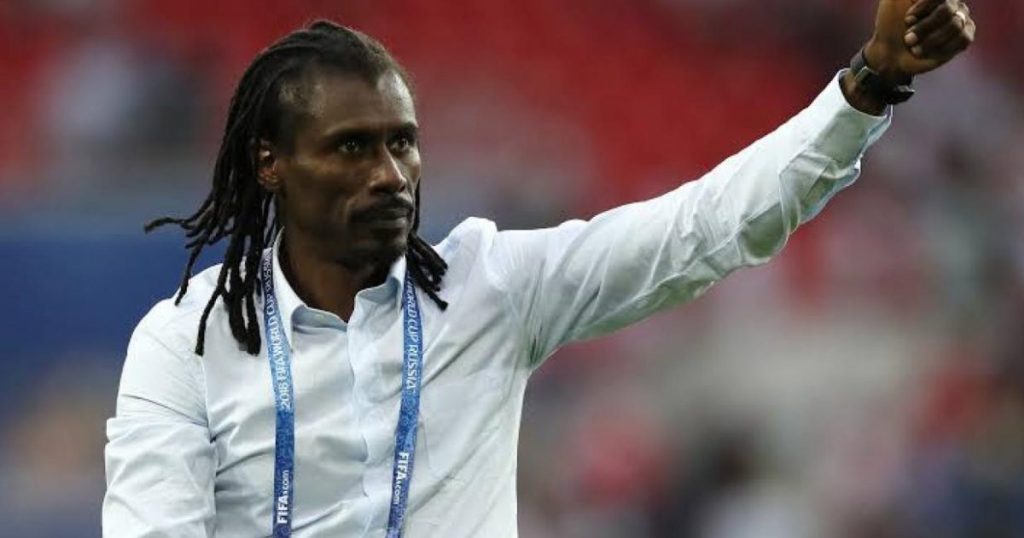Senegal has made the significant decision to part ways with coach Aliou Cisse, a figure celebrated for leading the national team to their first Africa Cup of Nations (AFCON) title in 2022 and for guiding the team through two consecutive World Cup tournaments. The local football association attributed this decision to a directive from the Senegalese sports minister, Khady Diene Gaye, who indicated that the government did not wish to renew Cisse’s contract. Under his leadership since 2015, Cisse not only made his mark as the team’s coach but also carried the weight of being a former captain and a player for Paris Saint-Germain, adding depth to his understanding of the national and international football landscape.
Cisse’s tenure as head coach is notable for its successes and its challenges. Having secured the coveted AFCON championship in 2022, he placed Senegal at the pinnacle of African football. However, the past year has seen disappointments; Senegal reached the last 16 of the 2022 World Cup but did not advance beyond the same stage in this year’s AFCON, where they were ousted by the hosts, the Ivory Coast, who would go on to claim the title. This recent setback has raised questions about the future direction of the national team and the strategic decisions made by the football association and the government.
Following the departure of Cisse, the Senegalese football authority has announced plans for an interim coaching team to step in for the upcoming AFCON qualifiers against Malawi scheduled for this month. This comes at a crucial time as Senegal, positioned alongside Burkina Faso with four points from two matches, gears up for an important set of fixtures. The current group also includes Burundi, making these qualifiers pivotal for their ambitions to return to the AFCON tournament and further establish their place on the continental stage.
Notably, Senegal has shown resilience in its World Cup qualifying campaign, remaining unbeaten after four matches. However, they face an uphill battle as they trail group leaders Sudan by a two-point margin, leading to a heightened sense of urgency in their upcoming matches. The interim coaching arrangements will be critical during this period, as they aim to maintain momentum and build upon the foundation laid by Cisse during his time as coach.
Cisse’s departure marks a transitional phase for Senegalese football. The government’s direct influence on the management of the national team highlights the intertwining of sports and political considerations in Senegal. It raises broader questions about the expectations placed upon coaches and the pressure they face to deliver results in a competitive football landscape. The decision underscores the evolving dynamics within football management, where performance in international tournaments can significantly impact the futures of coaches.
As Senegal enters this new chapter in their football journey, the emphasis will likely be on stability and performance as they seek a new head coach. The challenge ahead involves not only qualifying for upcoming tournaments but also re-establishing a cohesive team identity and ensuring the continuation of the progress achieved under Cisse’s leadership. The developing situation will be pivotal, as Senegal aims to reclaim its status as one of Africa’s premier footballing nations amidst fluctuating fortunes and heightened expectations.


